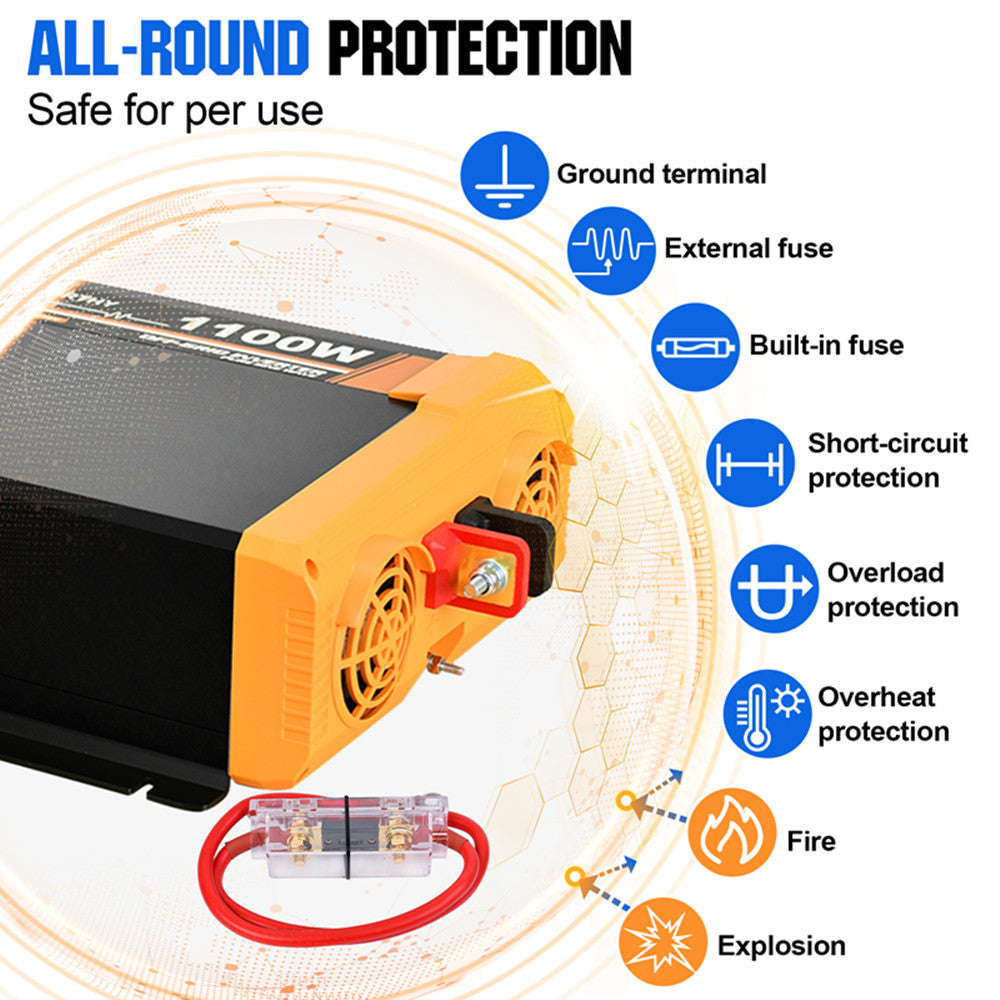In the realm of renewable energy, the solar panel inverter plays a pivotal role in converting solar energy into usable electricity. Understanding how these devices function and their significance in a solar energy system can empower homeowners and businesses to make informed decisions about their energy consumption.

What is a Solar Panel Inverter?
A solar panel inverter is an essential component of a solar power system. Its primary function is to convert the direct current (DC) electricity generated by solar panels into alternating current (AC) electricity, which is the standard form of electricity used in homes and businesses. Without this conversion, the energy harnessed from the sun would be unusable for most electrical appliances.
Types of Solar Inverters
There are several types of solar inverters available, each serving different needs:
- String Inverters: These are the most common type, connecting multiple solar panels in a series. They are cost-effective but can be less efficient if one panel is shaded.
- Microinverters: Installed on each solar panel, microinverters optimise the output of individual panels, making them ideal for installations with shading issues.
- Power Optimisers: These devices work with string inverters to enhance the performance of each panel, similar to microinverters, but at a lower cost.
- Hybrid Inverters: These inverters can manage both solar energy and battery storage, allowing for energy use even when the sun isn’t shining.
How Do Solar Panel Inverters Work?
The operation of a solar panel inverter can be broken down into several key steps:
- Solar panels generate DC electricity when exposed to sunlight.
- The inverter receives this DC electricity and converts it into AC electricity.
- The AC electricity is then fed into the electrical grid or used to power home appliances.
- Excess energy can be stored in batteries or sent back to the grid, depending on the system configuration.
Why Are Solar Inverters Critical for Your Solar System?
The importance of a solar panel inverter cannot be overstated. It not only enables the conversion of energy but also ensures the efficiency and safety of the solar power system. Here are a few reasons why:
- Efficiency: A high-quality inverter maximises the energy output from your solar panels.
- Monitoring: Many inverters come with monitoring capabilities, allowing users to track energy production and system performance.
- Safety: Inverters include safety features that protect both the solar system and the electrical grid from faults.
In conclusion, understanding the role of a solar panel inverter is crucial for anyone considering solar energy. By selecting the right inverter, you can enhance the performance and reliability of your solar system. For more information on various types of solar inverters, visit .






